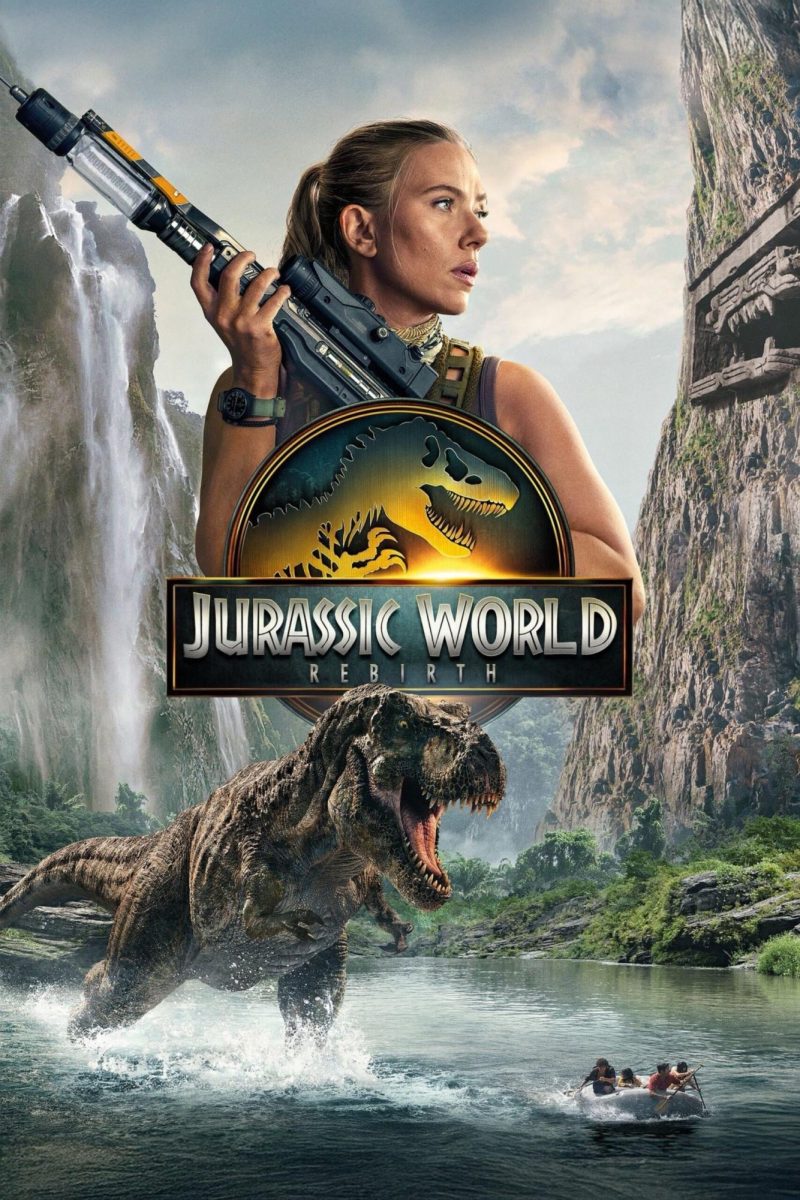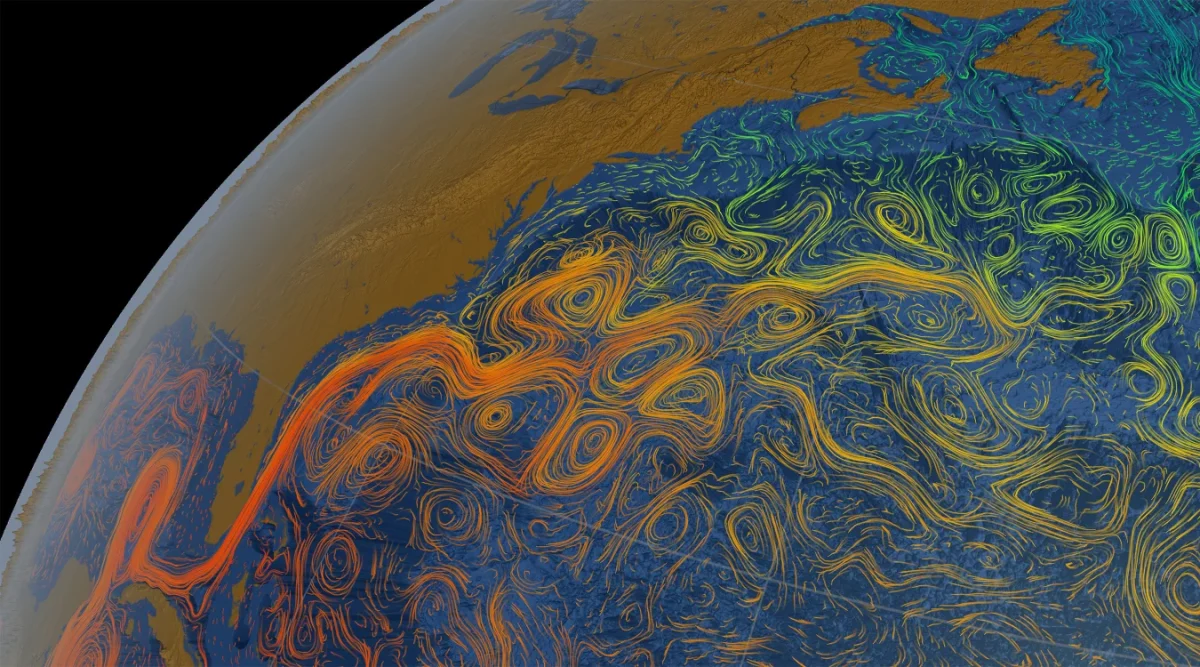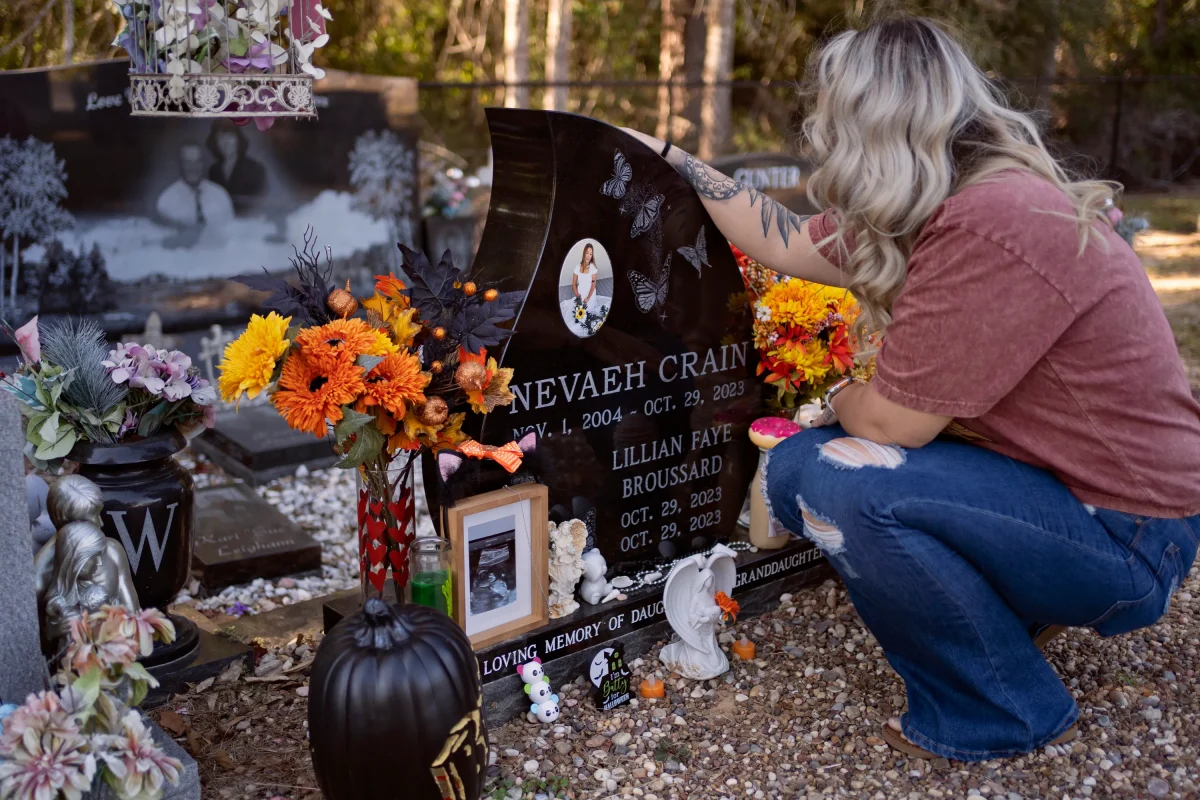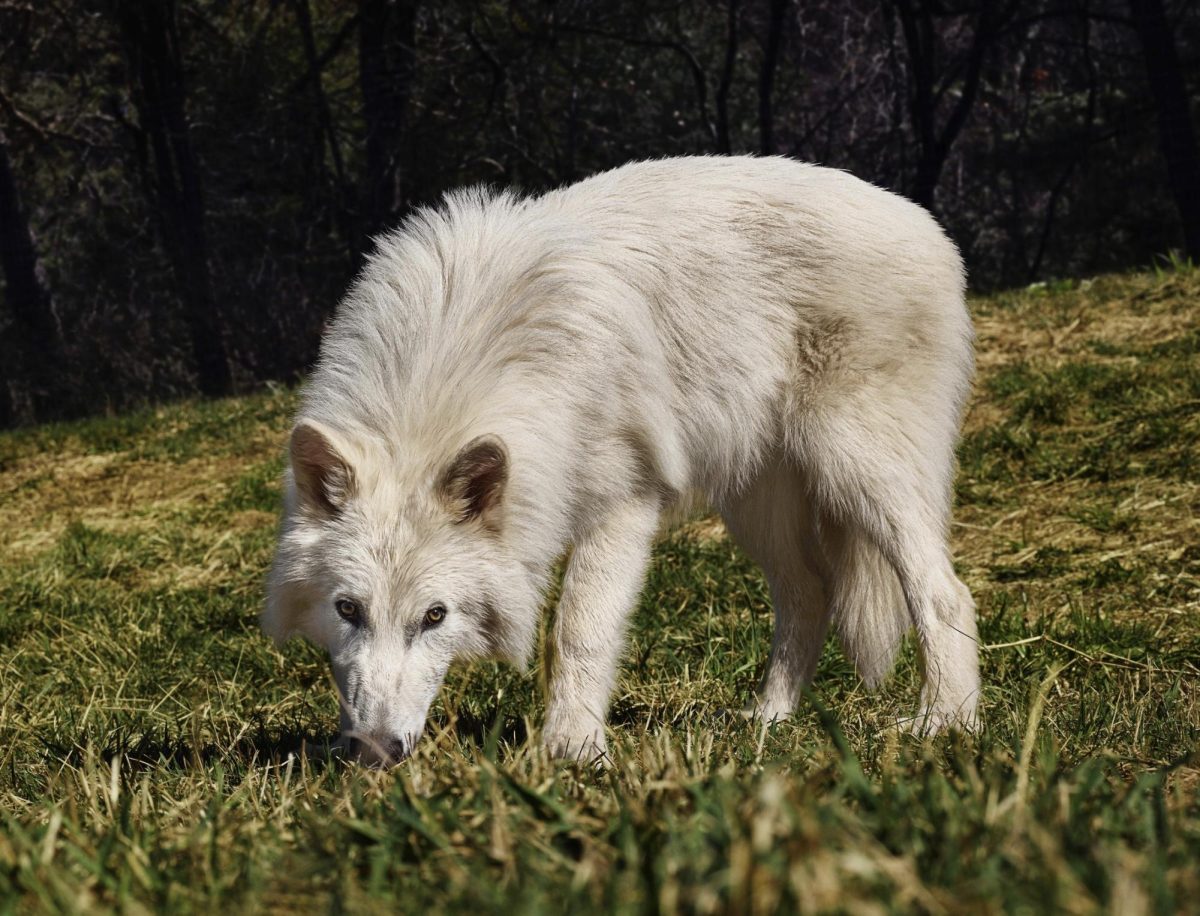Colossal Biosciences officially announced the ‘de-extinction’ of the fabled dire wolf last Monday, a species that went extinct some 10,000 years ago. This marks a massive leap forward in biotechnology and a critical step towards the de-extinction of other target species. Colossal, a Texas-based company, produced a total of three wolves: two adolescent males named Remus and Romulus, and one female cub named Khaleesi.
Colossal says that it managed to bring back the dire wolf by modifying the DNA of a modern-day gray wolf with carefully chosen genes from dire wolf fossils. This modified genetic material was then inserted in a gray wolf egg and implanted in a common dog as a surrogate mother. “We are an evolutionary force at this point,” said Beth Shapiro, Colossal’s chief science officer. “We are deciding what the future of these species will be.”
The dire wolf isn’t the only animal that Colossal is working to bring back. Colossal, which employs over 130 scientists, aims to bring back the woolly mammoth, the dodo, and the thylacine, or Tasmanian tiger. In March, the company surprised the scientific community with the news that it had copied wooly mammoth DNA to create a litter of ‘woolly mice’, mice with the cold resistance and golden coat of the woolly mammoth. “This is really validation that what we have in mind for our longer-term de-extinction project is really going to work,” Shapiro told NPR in an interview. “We ended up with some absolutely adorable mice that have longer, woolly, golden-colored coats,” said Shapiro.
Independent experts have since disputed the claim that the wolves that Colossal produced are revived dire wolves. Jeremy Austin, Director of the Australian Centre for Ancient DNA, told ScienceAlert that all Colossal has done is create a genetically engineered gray wolf that looks like what the company thinks a dire wolf might have looked like. “Whereas I think a lot of scientists are going to be scratching their heads, saying, ‘Look, you’ve got a white, gray wolf.’ That’s not a dire wolf under any definition of a species ever… I don’t think that this represents de-extinction in any way, shape, or form,” stated Austin.





































